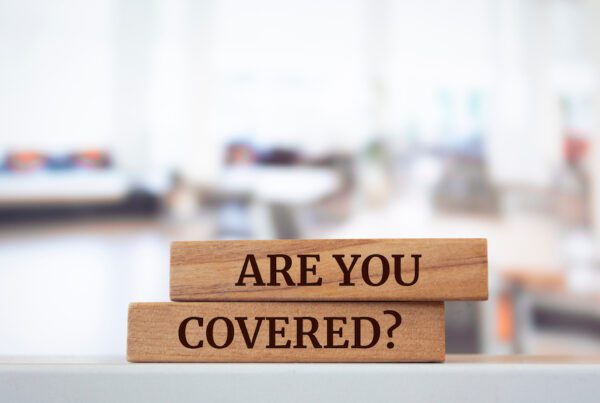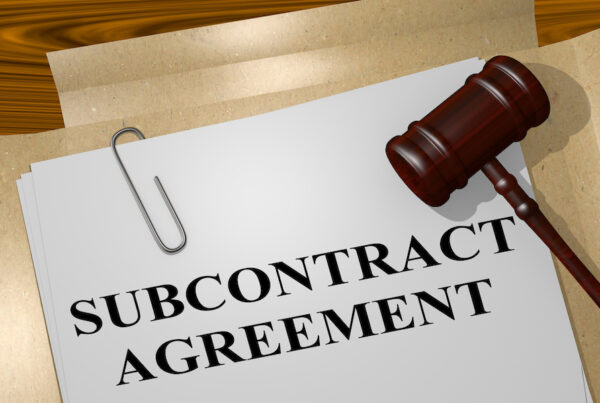Introduction:
Starting your first construction job can be an exciting and rewarding experience. However, before you embark on this journey, it is crucial to understand the necessary requirements and prerequisites. In New York and many other states, specific regulations and standards must be met to ensure compliance with local laws and to protect yourself, your clients, and your business. In this article, we will explore the essential elements you need before starting your first construction job.
- Licensing: One of the fundamental requirements for any construction job is obtaining the appropriate license. In both New York and other states, construction professionals must be licensed by either the state or county authorities, depending on the jurisdiction. Acquiring a license demonstrates your competency, adherence to industry standards, and commitment to professionalism.
- General Liability Insurance: General Liability (GL) insurance is crucial for construction professionals. It protects you against potential lawsuits and claims arising from property damage, bodily injury, or accidents that may occur during the construction process. Having adequate GL insurance not only safeguards your business but also builds trust and credibility with clients.
- Workers’ Compensation (WC) and Disability Benefits Law (DBL)/Paid Family Leave (PFL) Insurance: Construction work can be physically demanding, and accidents or injuries can occur. Workers’ Compensation insurance provides coverage for medical expenses and wage replacement in the event of work-related injuries or illnesses. In New York, employers are also required to provide Disability Benefits Law (DBL) and Paid Family Leave (PFL) insurance, which offer income protection for employees during non-work-related injuries or family leave.
- Contracts: Before starting any construction project, it is essential to have clear and comprehensive contracts in place. Contracts outline the terms and conditions of the project, including scope of work, payment terms, timelines, and dispute resolution mechanisms. Having well-drafted contracts not only protects your rights and interests but also establishes a transparent and professional relationship with your clients.
Conclusion:
Starting your first construction job can be a thrilling venture, but it is crucial to be prepared and meet the necessary requirements. In New York and other states, obtaining the appropriate licenses, securing adequate insurance coverage, and establishing well-defined contracts are key elements for success. By meeting these prerequisites, you demonstrate professionalism, protect your business, and foster trust with your clients. Remember, compliance with local regulations and industry standards is not only a legal obligation but also a foundation for a thriving and sustainable construction career. Good luck on your construction journey!



